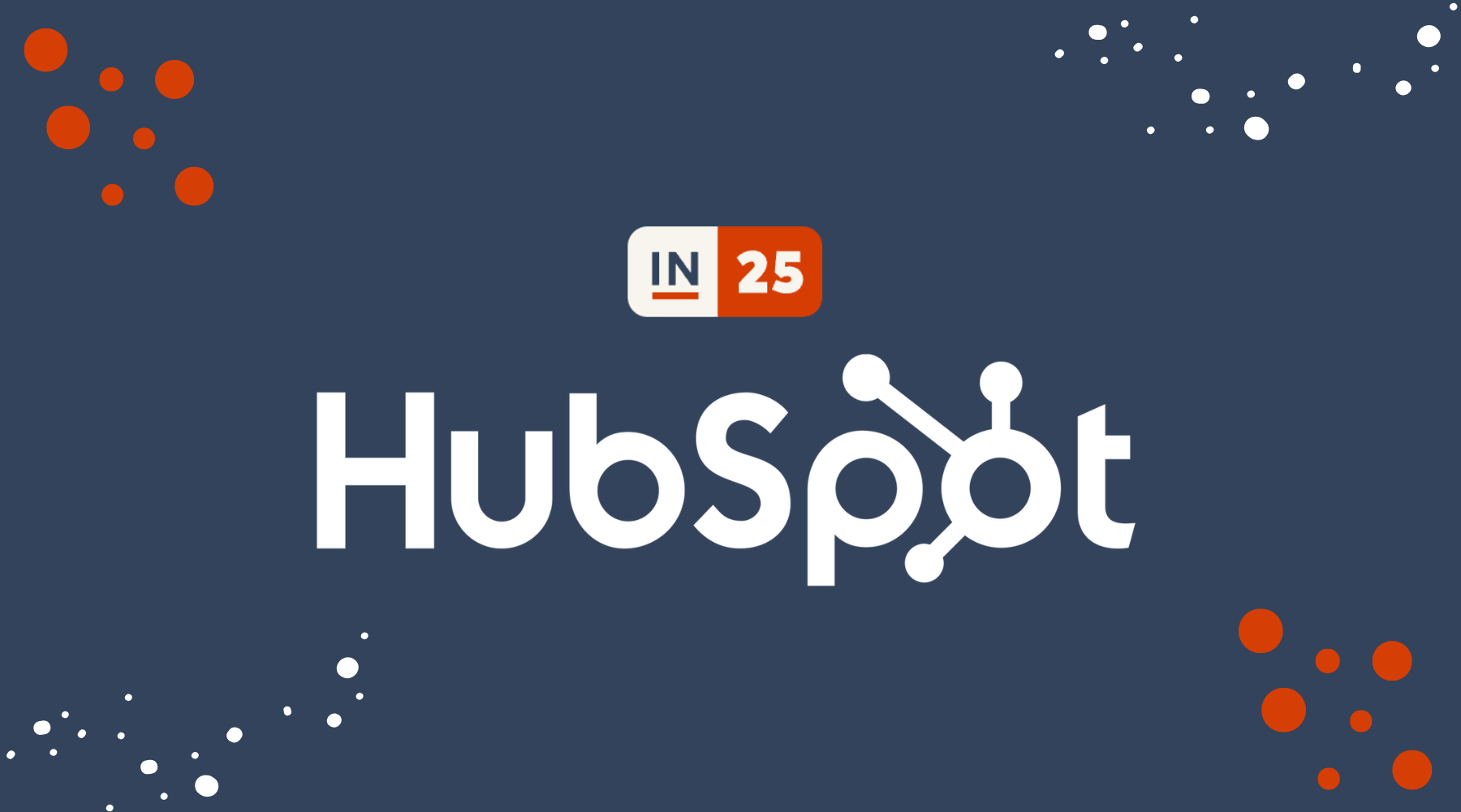What are the Risks of Buying an Email List of Contacts?
Written by: Tanya Wigmore
Published: 17 June, 2022
You've been approached by someone who has a list of key decision makers in your industry. The list seems to be highly targeted to your service or product offering so could have great potential for easy conversions. Should you use it? Why or why not? What are the risks of buying a contact list for email marketing?
Here's what you need to consider when you're buying/using contact lists:
How good are these contacts, really?
Some email lists can be pretty sketchy and sending emails to sketchy addresses can get you in trouble (more on that in a bit). If the list is large, it's worth using a list scrubber or a verification tool to double check that the contacts are legit. List scrubbers can check that the email is properly formatted and that the mailbox exists and is able to receive mail.
Do you have permission to contact these people?
The rules you need to follow about emailing a contact depends on where THEY live and not where you operate from.
When reaching out to contacts based in Canada, under the CANSPAM act you are required to have double opt-in before you send an unsolicited email. If you don't, they could report you. You'll then have to prove that you either have their explicit permission to contact them or that you were contacting them for a reason that didn't require consent.
If your target list has contacts based in in the EU, you'll also need to consider General Data Protection Regulation (GDPR). GDPR also requires that you have explicit consent to contact an individual. Bought email lists typically include people who have not explicitly agreed to be contacted by you.
American laws are not quite as stringent as the Canadian & EU laws, but it's always best to follow a higher standard of data compliance so you don't get in trouble.
Can you verify that contacts were obtained legitimately? Are your reasons for contacting them legitimate? If so, you should be good to move ahead and send that email.
Will this compromise your current email sending platform?
Some email marketing platforms will flag your account if you're sending to a bunch of emails to recipients that bounce back, don't exist, or move your email straight to junk folder or the bin. If your account gets flagged, any of the three following scenarios could occur:
- Your email platform stops sending that specific email – not ideal but certainly could be worse.
- Your emails go straight to your recipients' junk folder – this will make it hard for you to email people, including your existing contacts, in the future.
- Your account gets locked until you go through a re-approval process - likely the worst possible outcome. I've seen some people get locked out entirely.
Now, if you're cool with those risks, here's how you should approach marketing to your purchased contacts:
Segment your list and do smaller sends
Sending too many emails at once can get you flagged. Splitting out your list into smaller segments can help improve deliverability rates and reduce a shutdown for too many contacts in one go.
Segmenting your list also gives you the ability to optimize your emails over a period of time. Adjust your subject line, preview text and body text according to your audience and keep track of what works best. The more you can customize an email to a recipient, the better. Space the email sends out over several weeks if needed.
Spot check contacts
Send a few warm up emails or use a verification tool to quality control and check the integrity of your list. If you're noticing that your spot checks and list validations aren't looking great, you may want to consider scrapping this list entirely.
Use a different email tool
Don't jeopardize your main CRM and email tool. Do your email marketing to these clients in a different platform just in case the list is bad enough to get you flagged and locked out. When you do this, make sure you have a process in place to identify those leads that do turn out to be great and move them over to your main CRM platform for nurturing from there on out.
Delete junk contacts quickly
Clean out hard bounces, unsubscribes and spam reports from your list so you don't email them again. Here's a walkthrough of how to do this in HubSpot.
Other opportunities for a purchased contact list
You're not limited to email marketing when it comes to using that contact list. Here are some other ways to get more milage from your investment:
- Create a look-alike list for display ads
- Create an audience for targeting on social media
- Build actual legit connections with these contacts on social media & other industry water coolers (real life connections beat cold outreach any day!)

Written by: Tanya Wigmore
Tanya Wigmore is the founder of CRO:NYX Digital and is passionate about growing healthy teams and businesses. With an extensive background in inbound marketing, search marketing, web analytics, CRO & UX, she's always finding new ways to apply optimize and improve.
Solutions
Results
Resources
About
Contact
© CRONYX Digital SEZC







.png)
.png)
.png)
